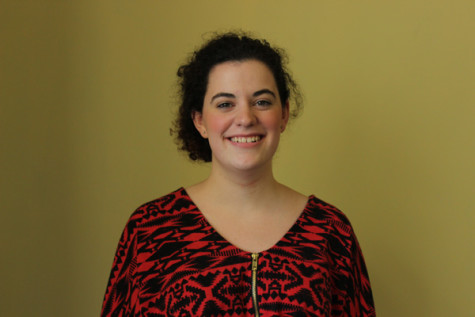Approximately 120 students attended a lecture in which the speaker questioned whether state aid is the right course in providing humanitarian aid.
George Mason University economics professor Christopher Coyne, who was the lecture speaker, discussed an economic perspective on aid March 23, in Heritage Hall.
“The standard assumption humans have,” he said, “is we need to do something to alleviate human suffering.”
Throughout his lecture, Coyne challenged this assumption.
Coyne’s argument revolved around the world economy’s complexity. He argued that since it is so complex, economists cannot hope to understand it enough to interfere successfully with aid.
He said innovation usually occurs within a market because incentives inspire better and cheaper methods.
Bureaucrats do not have incentives to perform better, so they do not, he said.
Coyne provided the Food for Peace program as an example. The program’s officers shipped American food in American ships as aid based on agriculture. Not only was it expensive, he said, it was harmful to the recipients’ economies.
He said that economists and politicians should not assume that they can fix everything.
“It’s an extremely arrogant way of viewing the world,” he said.
Coyne recommended that Americans reduce trade and immigration barriers to help poorer countries.
Economics club member Iain Condon said that the idea that good intentions can lead to bad results stood out to him.
Condon said he and his fellow club members invited Coyne to be their club’s first event.
“We could tell he was very passionate,” he said. Condon said they also liked his unique economic perspective.
“(Coyne) reaffirmed a lot of thoughts I had about how the U.S. government allocates a lot of its resources,” he said.
Condon said that the lecture’s success is making his club’s members consider taking in more guest speakers.

